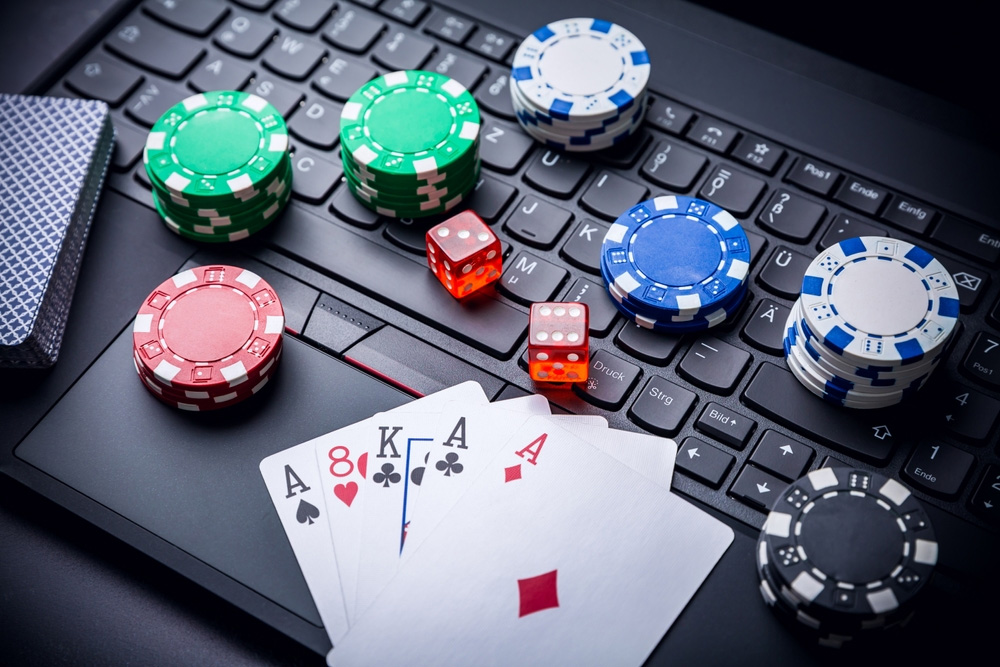Poker Face or Poker Placebo: Can Hiding Your Emotions Really Help You Win Online Poker?

The notion of maintaining a stoic facial expression, commonly referred to as a “poker face,” is likely one of the initial associations that spring to mind when contemplating the game of poker, whether on the table or online poker, where players have cameras on. The ability to maintain a stoic expression and refrain from reacting is frequently regarded as a crucial element for achieving success in a game.
Is there any data to back up this theory?
Does keeping a “poker face,” or a neutral expression on one’s face, actually help one’s poker game performance, or is it just a placebo?
What is a Poker Face?
A poker face is simply an expressionless facial expression typically used to hide emotions such as excitement or disappointment. This lack of movement or reaction can make it difficult for opponents to read your feelings and make strategic decisions based on them.
The Argument for a Poker Face
Proponents of poker face argue that keeping emotions in check is crucial for success in the game, regardless if it is a free poker game or an online poker real money game such as wsop online. By hiding your reactions in real or free poker games, you can prevent your opponents from getting a read on you and making smart decisions based on what they see. Additionally, maintaining a stoic expression can help reduce the likelihood of giving away information about your hand.
The Case Against a Poker Face
Conversely, there exists a school of thought that posits that a poker face may impede one’s ability to play the game effectively. The act of sustaining a neutral facial expression can pose a challenge for certain individuals, and such an endeavor may result in the manifestation of a tense or artificial demeanor during mealtime. Furthermore, a significant number of proficient poker players possess the ability to interpret nonverbal communication and other indicators, even in the absence of overt emotional responses.
The Science Behind Emotions and Poker
While there is no definitive answer to the question of whether a poker face is truly beneficial and the same is not really part of poker rules, there is some scientific research that sheds light on the connection between emotions and poker. For example, studies have found that people tend to make decisions differently when experiencing different emotions. In one study, participants were more likely to take risks when feeling positive emotions, while negative emotions made them more cautious.
However, it is worth noting that these studies did not specifically focus on the benefits or drawbacks of having a poker face. Additionally, much of poker involves reading other players and anticipating their actions, and there is no research to suggest that hiding your emotions would help in this regard.
So, Does a Poker Face Actually Help You Win?
The final answer is still up in the air.
There isn’t enough evidence to prove that keeping a stone face is the best way to win at poker, despite the fact that there are signs that emotions can affect decision-making.
In addition, as was previously stated, skilled players possess the ability to interpret subtle signals despite the lack of obvious displays of emotion.
However, there are poker players who insist on maintaining a poker face, and it’s always a good idea to keep your opponents guessing.
Even though it’s unclear whether or not keeping a poker face is actually advantageous, it’s probably wise to play it safe and suppress your feelings whenever possible.
The Evolution of the Poker Face
The idea of the poker face has been around for centuries, but its use has shifted over time. In early versions of the game, emotional displays were actually encouraged, as they made it easier for players to read one another and make strategic decisions.
However, as poker became more popular and skilled players emerged, the idea of the poker face evolved. Today, many professional poker players view it as an essential aspect of the game, and it has even become a bit of a cultural stereotype.
Poker Faces in Popular Culture
Numerous works of fiction and media have explored the concept of the “poker face.” James Bond, one of the most well-known examples, is frequently depicted playing poker with a calm, collected demeanor.
Poker pros like Phil Ivey and Daniel Negreanu are known for their unflappable faces and ability to throw off their opponents.
Final Thoughts
It’s up to each player to decide whether or not to put on a poker face during play. Though it’s debatable whether it actually helps you win more often than not, there are those who insist it’s an essential part of any good poker game, including ggpoker, online or otherwise.
Remember that maintaining a poker face is just one of many strategies you can employ. Success at the poker table will depend more on your ability to maintain a strategic, analytical, and focused mindset.
Join ggpoker, the largest poker site in the world, today and get started with poker.




